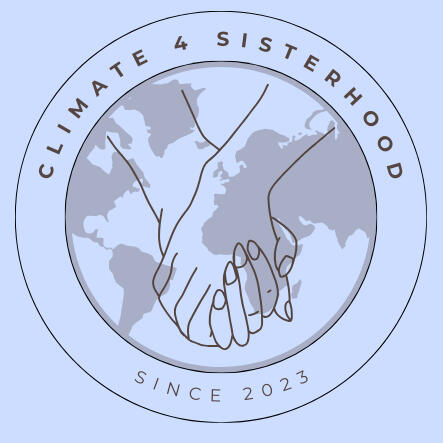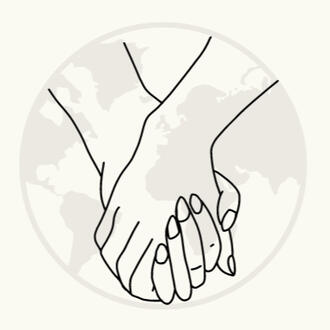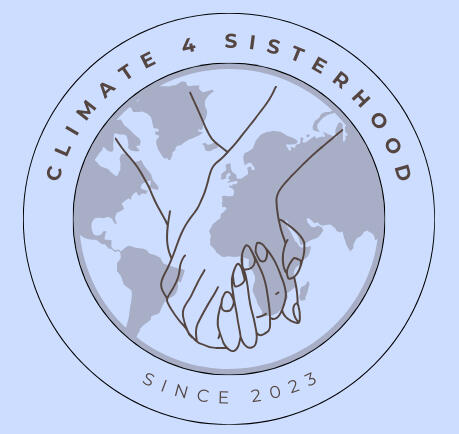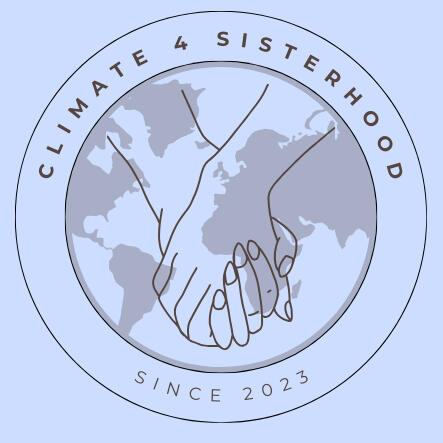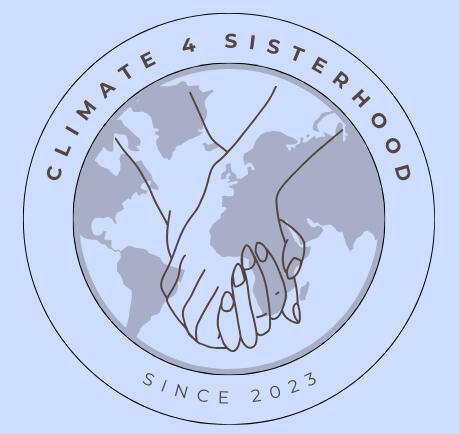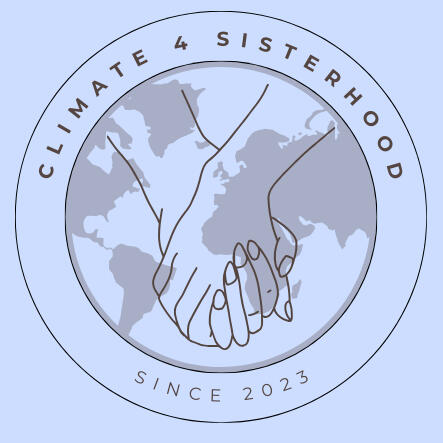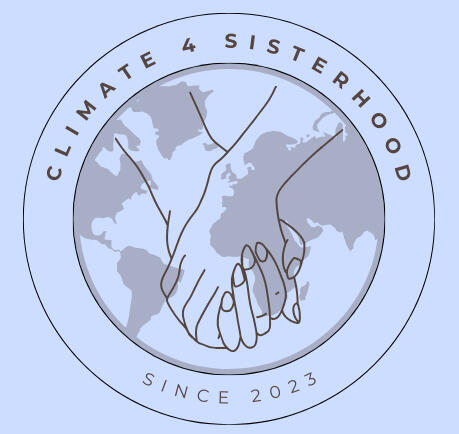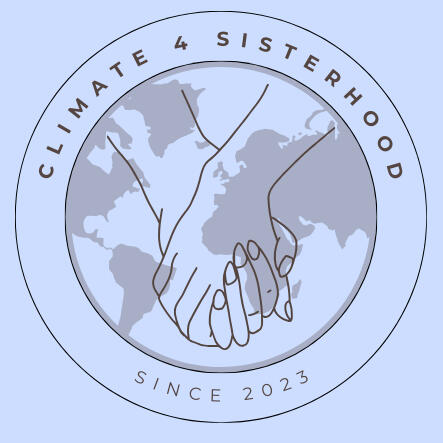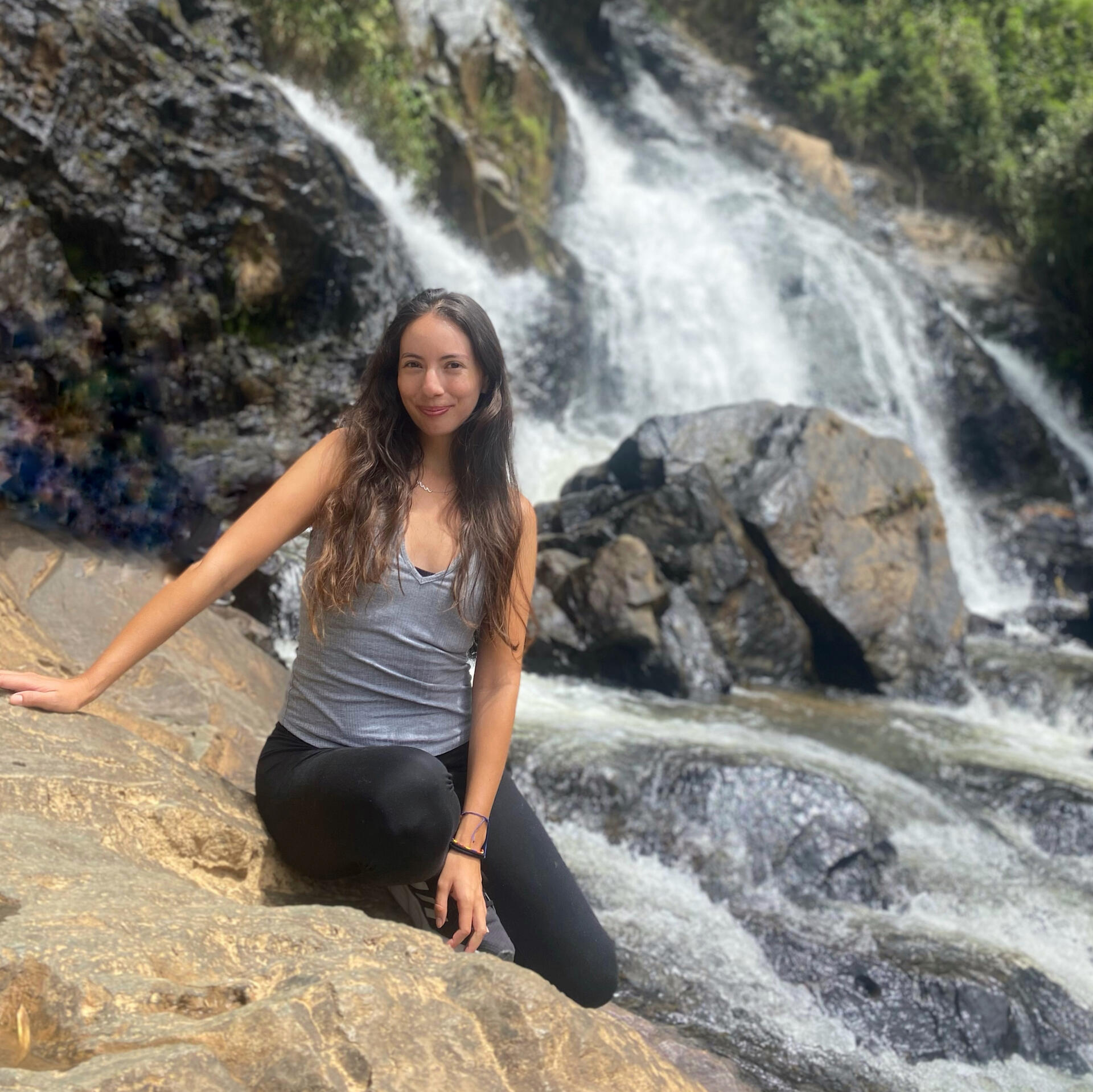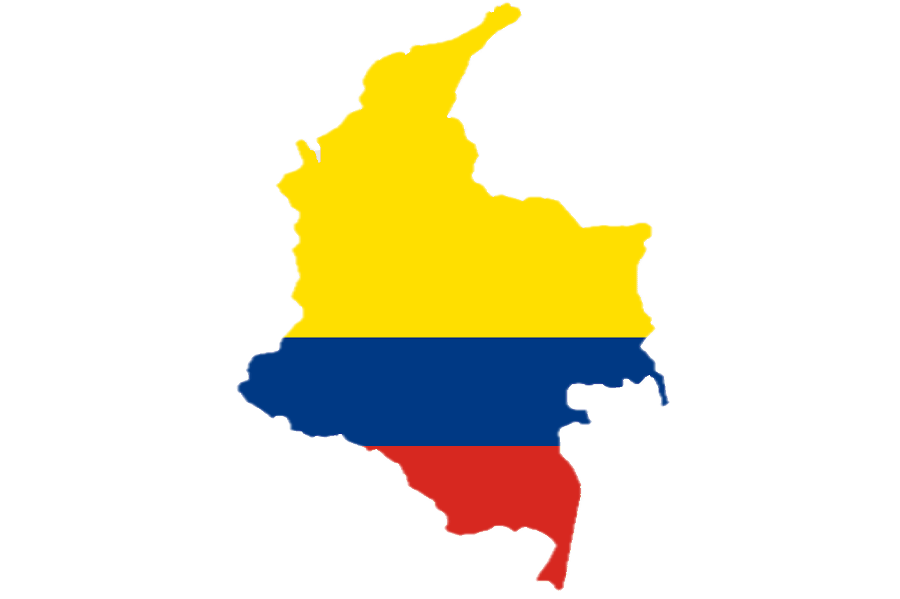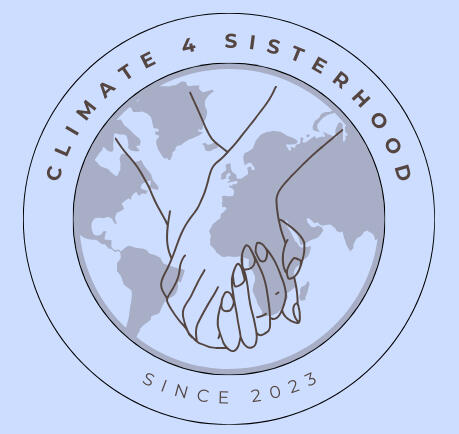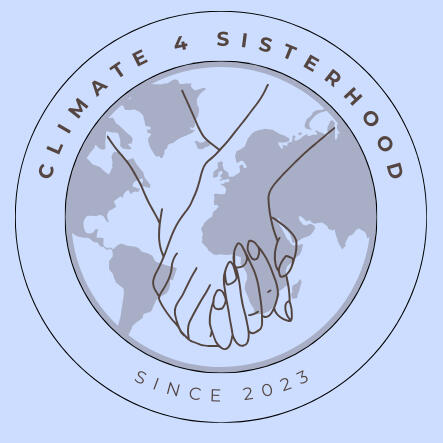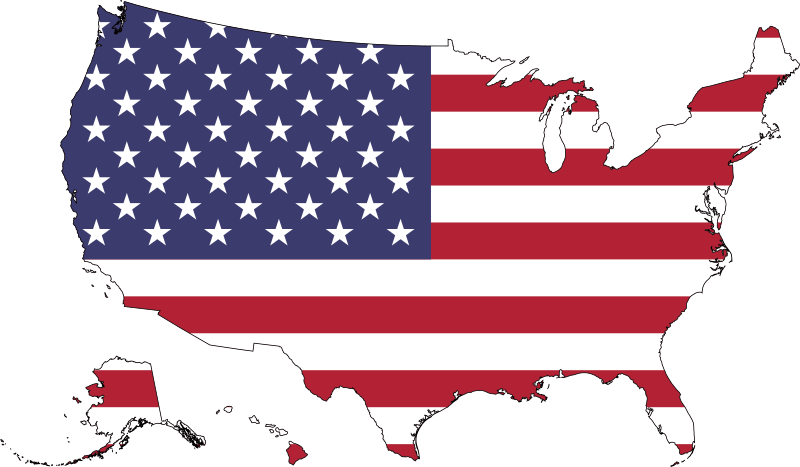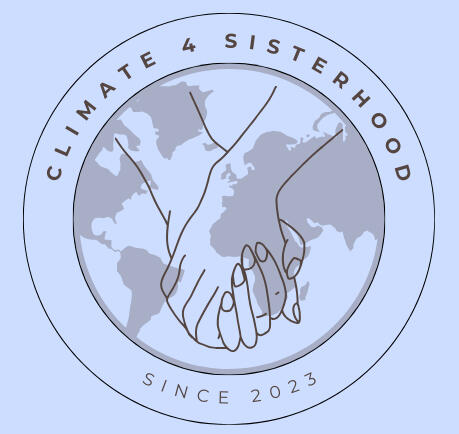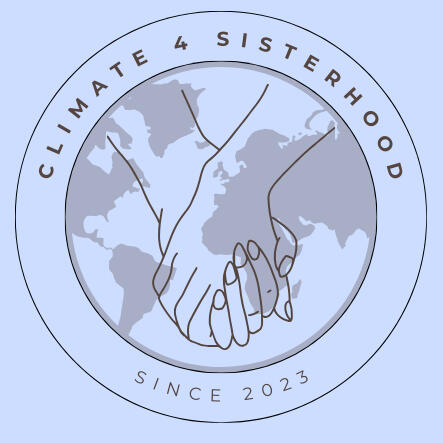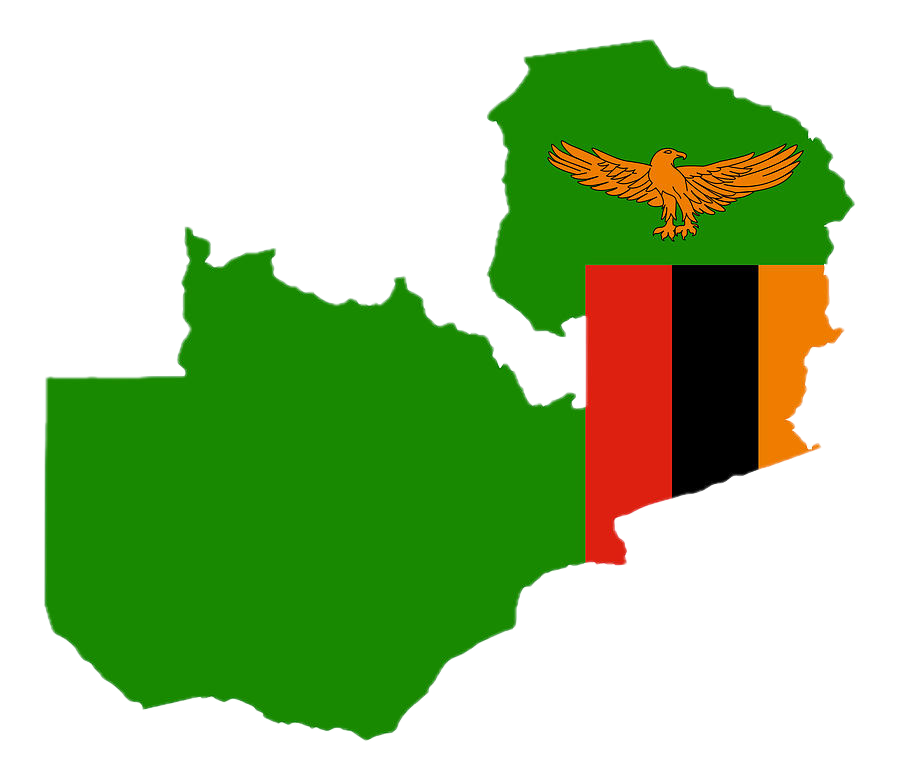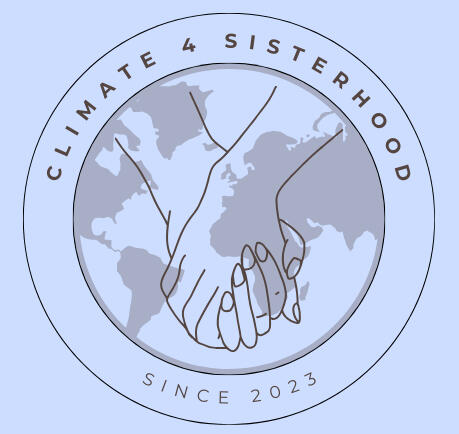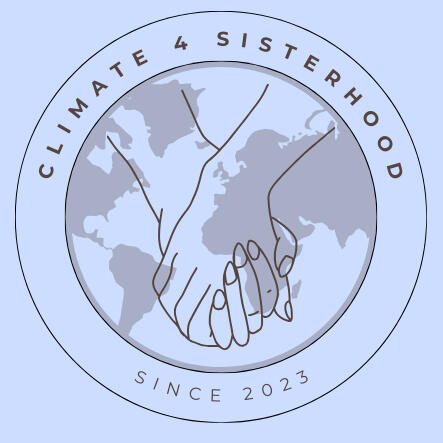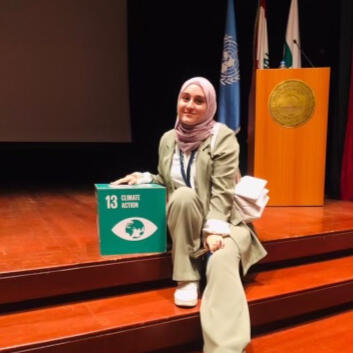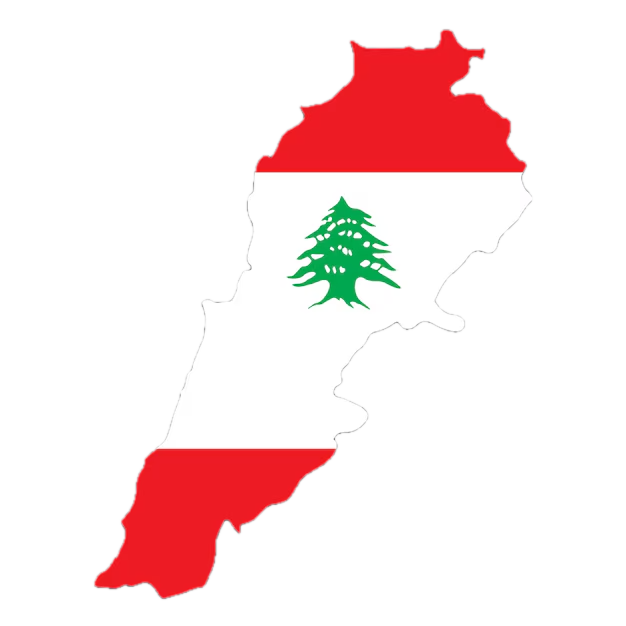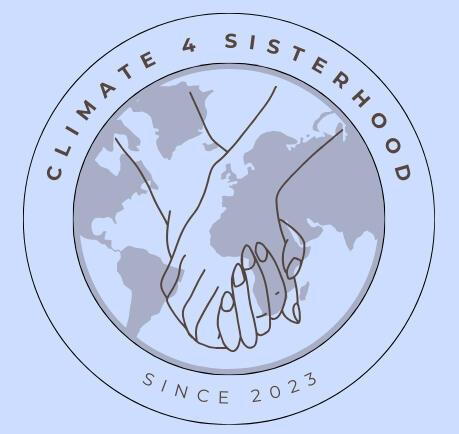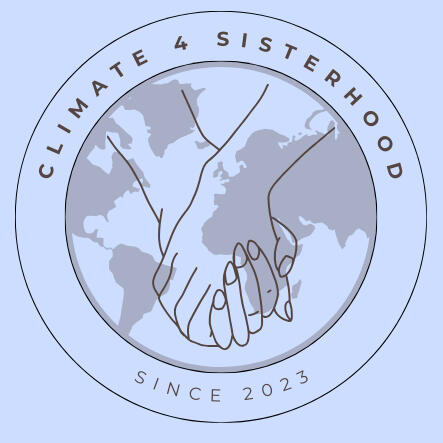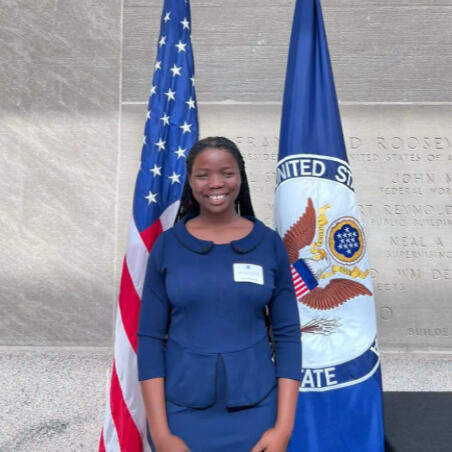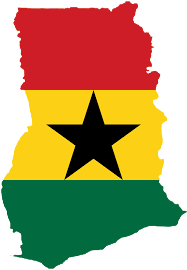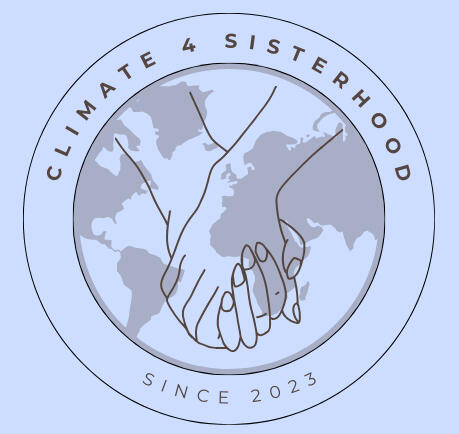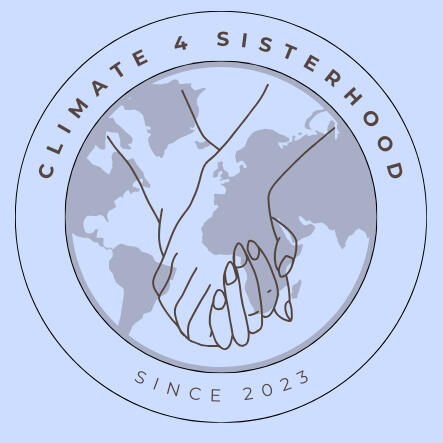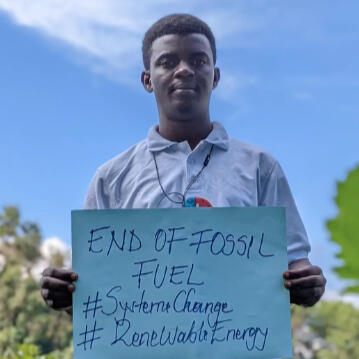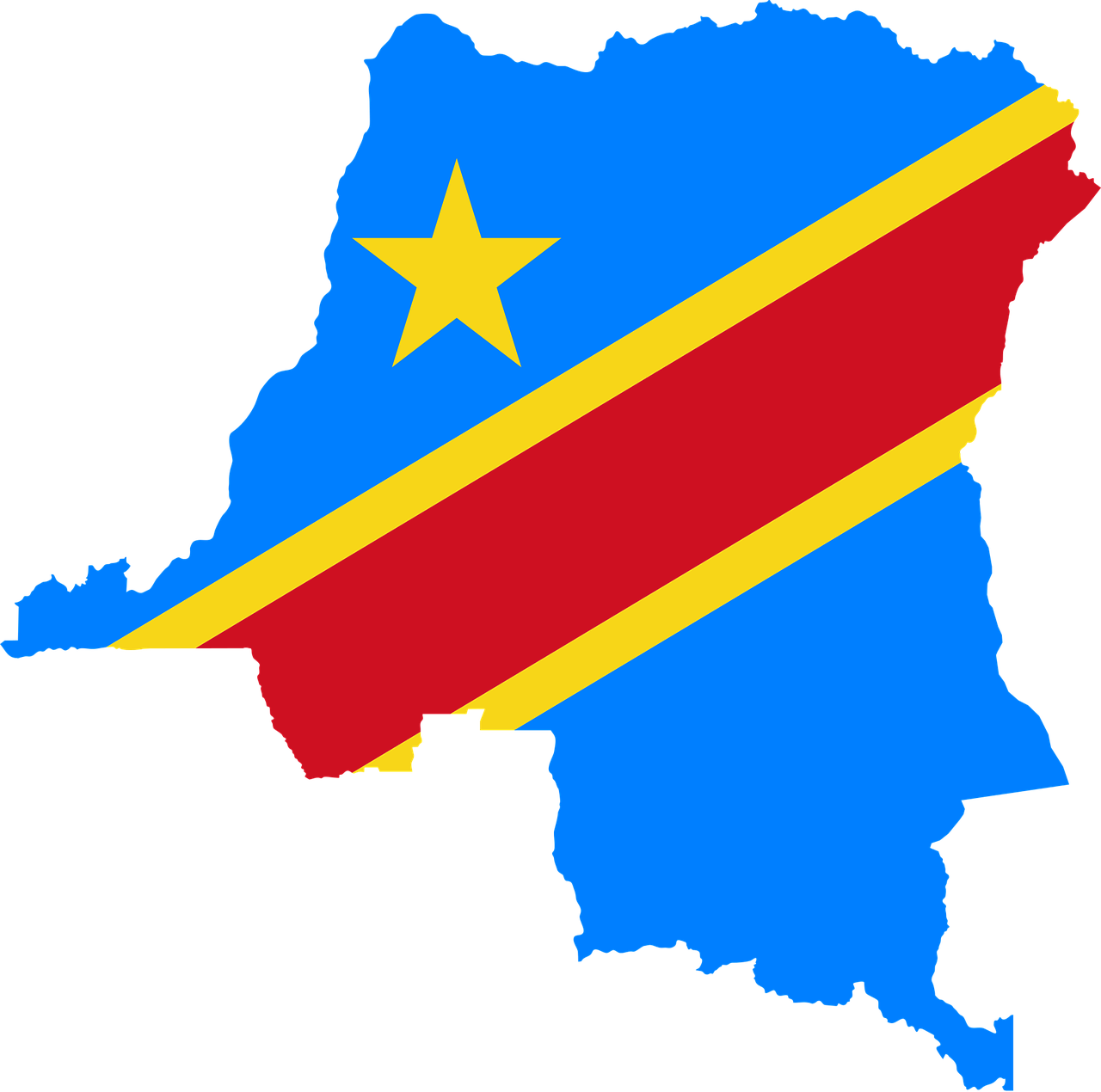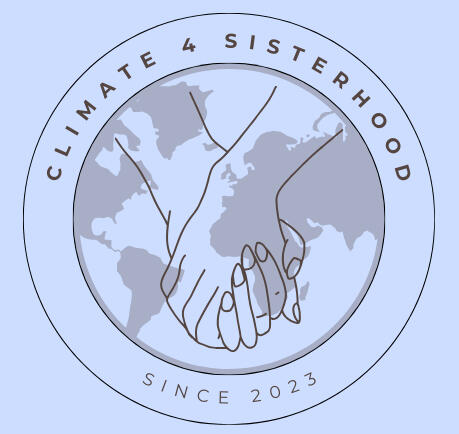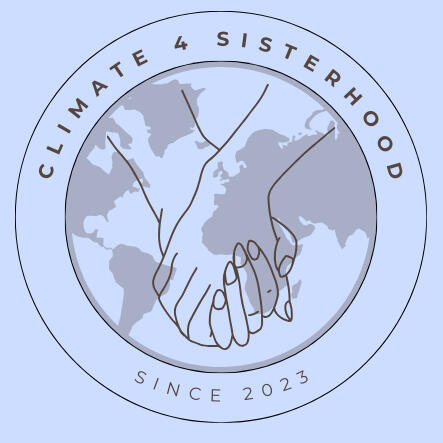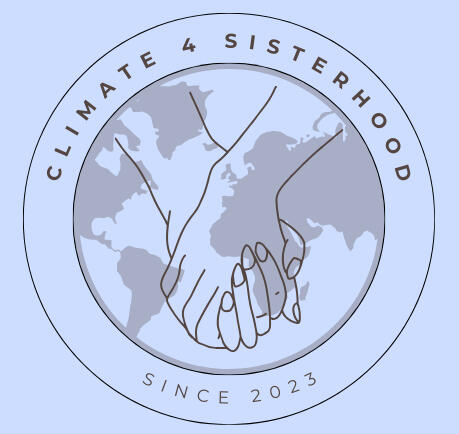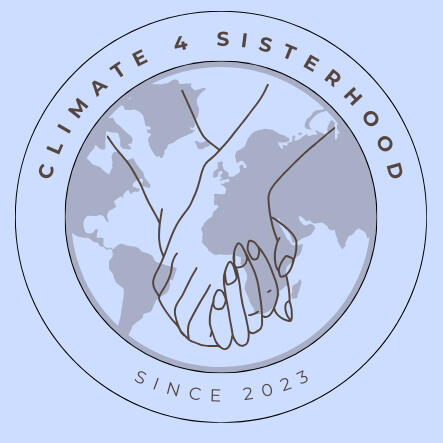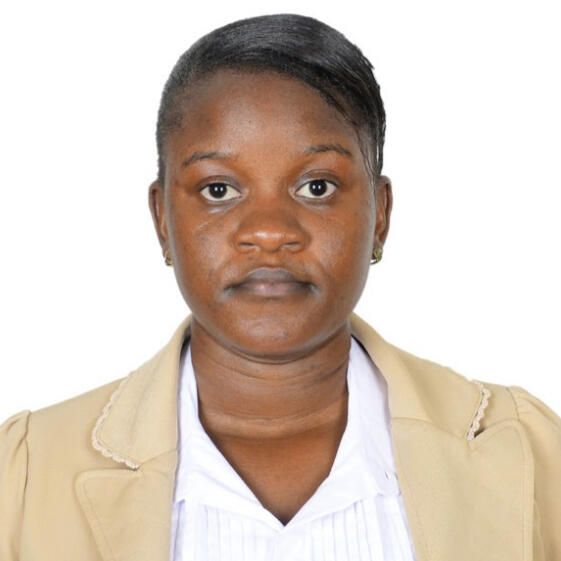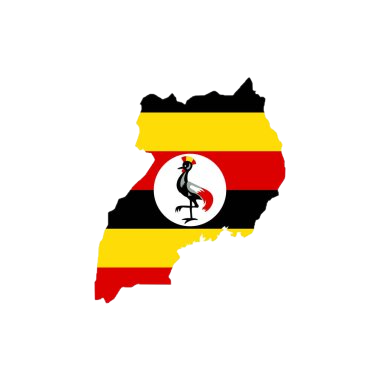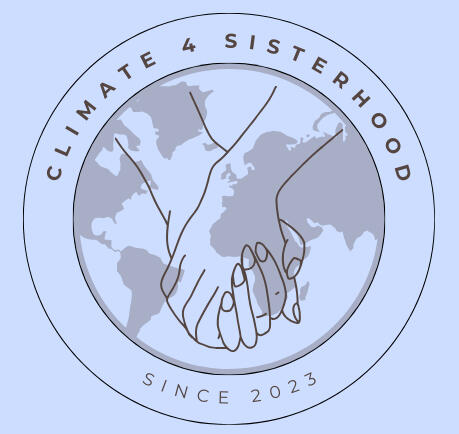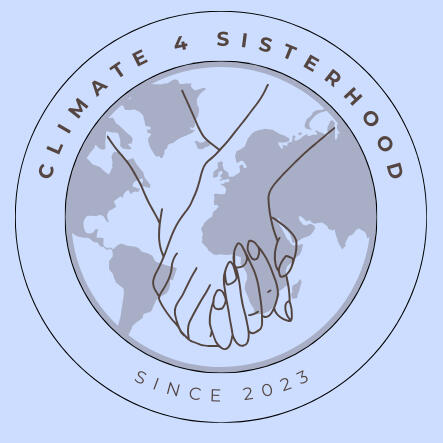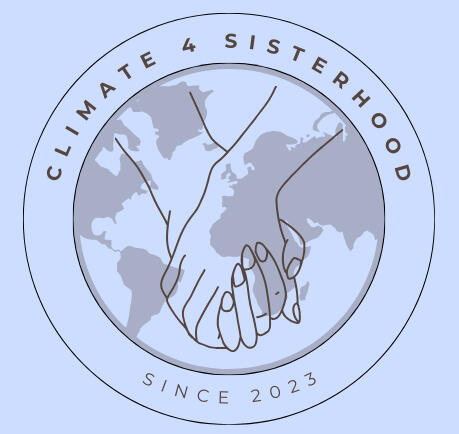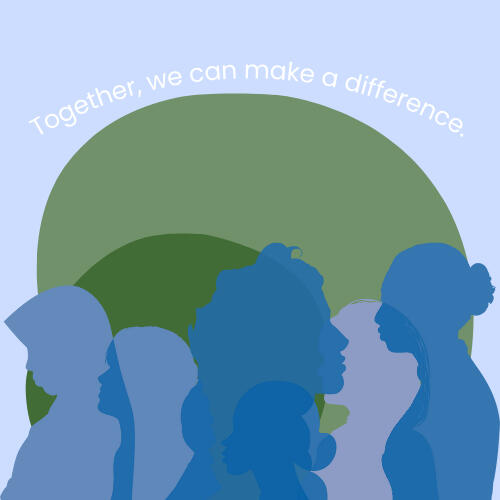
Empowering Voices
Join the Conversation
Climate 4 Sisterhood is an international network dedicated to empowering women and marginalized communities in the fight against climate change. We believe that climate justice and gender equality go hand in hand, and our mission is to amplify the voices and impact of women leaders in climate spaces.Through storytelling, community-building, advocacy, and educational initiatives, we aim to create sustainable and equitable environmental practices that benefit all. Join us in driving change and building a resilient, inclusive future for our planet.
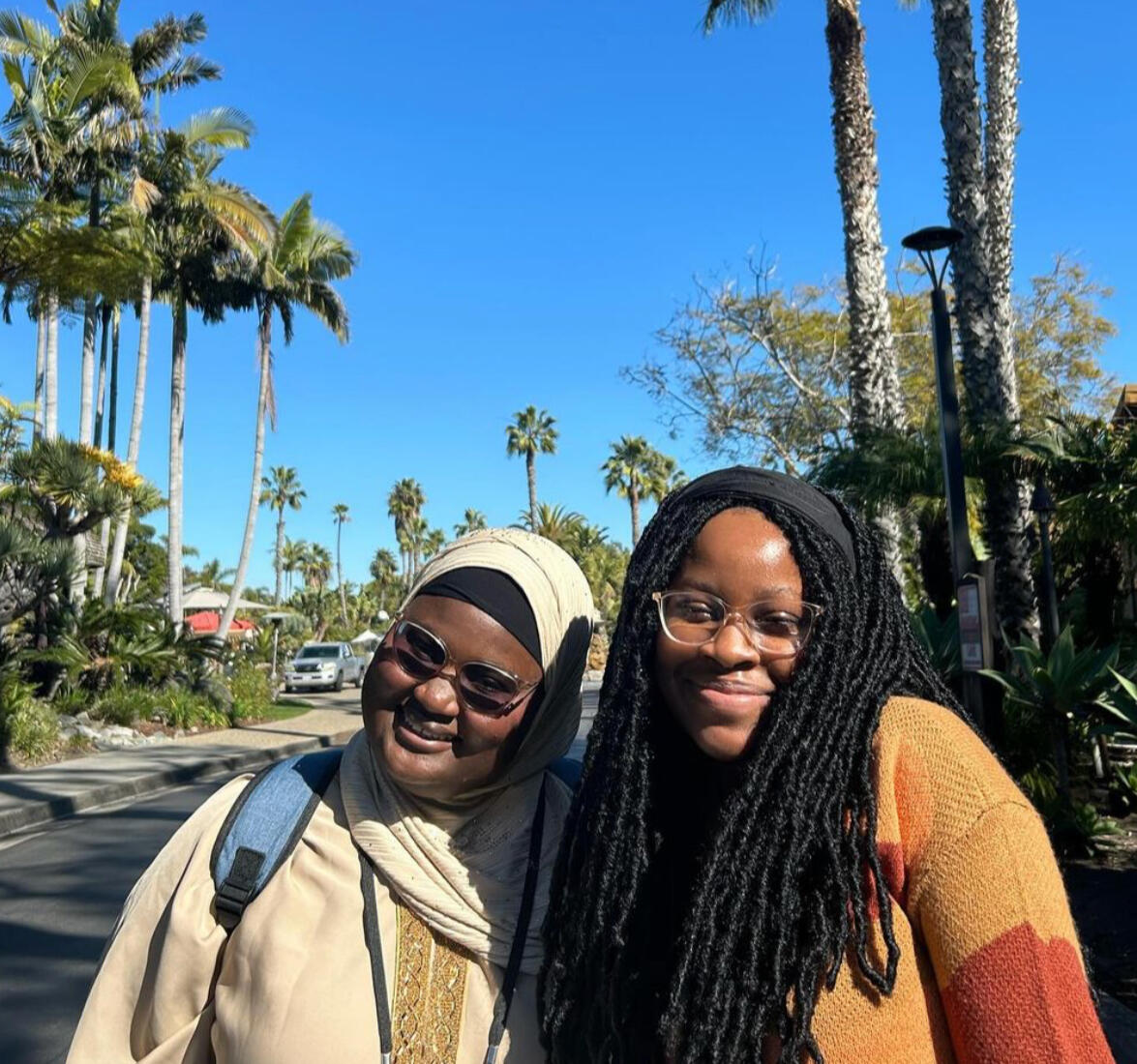
Why We Care
Climate change affects us all, but it doesn’t affect us equally. Women, especially those in climate-sensitive roles like agriculture, bear the brunt of its impacts due to longstanding inequalities in power, resources, and opportunities. When women are excluded from decision-making and denied access to vital resources, their vulnerability—and that of their communities—increases. By empowering women with the tools, knowledge, and influence they deserve, we can create more resilient communities and ensure that climate solutions work for everyone.We care because addressing climate change must also mean addressing the deep-rooted inequalities that make it a greater burden for women. We are here to amplify their voices, share their stories, and push for policymakers to make impactful changes that benefit those most affected.
How It Works
Stories
Across the globe, women are on the frontlines of the climate crisis, experiencing its effects in deeply personal and profound ways. Through their voices, we hope to amplify the realities of how climate change is shaping lives and to inspire action for a more just and equitable future for all.Read their powerful stories and join us in advocating for meaningful change.
Our Pillars
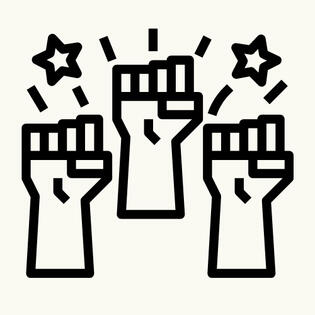
Empowerment
We empower women and marginalized communities to lead and advocate for climate justice, recognizing their critical role in shaping sustainable futures.
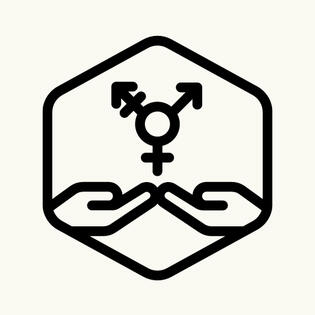
Inclusivity
We embrace diversity and strive to ensure that all voices are heard and valued in the climate movement, fostering a sense of belonging for everyone involved.

Collaboration
We believe in the strength of working together across sectors and regions to create innovative solutions and drive collective action for climate resilience.
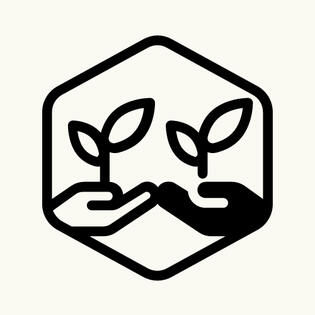
Equity
We are committed to addressing and rectifying systemic inequalities, ensuring that climate solutions are fair and accessible to all, especially those most affected by climate impacts.

Integrity
We operate with transparency, honesty, and accountability in all our initiatives, maintaining the highest standards of ethical practice in our work.

Sustainability
We advocate for practices that protect and preserve the environment for future generations, promoting long-term solutions that benefit both people and the planet.
About Us
Climate 4 Sisterhood is a global initiative dedicated to empowering women and marginalized communities in the face of the growing climate crisis. Our focus is simple but powerful: elevate the voices of women whose lives and livelihoods are directly impacted by climate change, and ensure they have the resources and platforms to lead in the fight for a more sustainable and just future.Women, especially in developing nations, are disproportionately affected by climate-related challenges. Yet, they are often underrepresented in conversations about climate solutions. Climate 4 Sisterhood bridges that gap by creating a space where women can share their stories, connect with one another, and drive the changes necessary for true climate justice.
What We Do
At the heart of Climate 4 Sisterhood are the stories of resilience, leadership, and innovation from women around the world. But we go beyond storytelling:
- Platform for Voices: We provide women and marginalized communities with a stage to share their personal experiences with climate change—putting a human face on an otherwise abstract crisis.
- Action-Oriented Advocacy: Through targeted advocacy, we push for policies that not only consider the impact of climate change but also address gender inequality. We believe effective climate solutions must prioritize those most affected.
- Educational Initiatives: Our programs offer workshops, resources, and tools for women to become more active in climate leadership roles, driving change within their communities and beyond.
- Community Building: We are an international network, creating connections across borders so that women can collaborate, learn, and support one another in the collective fight for environmental justice.
Our Vision
Our vision is clear: A world where the fight against climate change also advances gender equality. Climate 4 Sisterhood envisions a future where women, regardless of where they are from, are recognized as pivotal leaders in climate action. We work to break down the structural barriers that prevent women from being at the forefront of climate decision-making and ensure their efforts are acknowledged, supported, and amplified.
Our Approach
We combine storytelling, advocacy, education, and community building to drive real change:
1. Sharing Stories: We believe in the power of lived experience. By featuring stories from our ambassadors—women from all walks of life—Climate 4 Sisterhood shines a light on how climate change impacts lives in deeply personal ways.
2. Policy Advocacy: We push for climate policies that take gender into account, ensuring that women’s voices are heard and their unique challenges addressed.
3. Educational Empowerment: From workshops to resource-sharing, we empower women with the knowledge and tools needed to take action in their communities.
4. Global Network: Our international network connects women across borders to collaborate, support one another, and advocate for change at both local and global levels.
Join The Movement!
Climate 4 Sisterhood is more than an organization—it’s a movement for change. We invite you to join us in reshaping the future of our planet by advocating for climate justice that includes all voices. Whether you are a supporter, an activist, or simply someone passionate about gender equality and environmental sustainability, your involvement matters.Together, we can build a more resilient, inclusive, and equitable future.
Stories from Around the World
How has climate change affected the women in your community?
Many women, both in the U.S. and Colombia, become activists in the name of survival. In Colombia, women social leaders receive death threats in response to their teachings. It is one of the most dangerous countries for Earth defenders, and often these leaders are Black or Indigenous women. In the U.S., women like me dedicate our lives to addressing climate change. We feel that we have no option. How can we choose another career, when the Earth is on fire?
What are the effects of climate change overall on your community?
In Colombia, our people have a recent history of being displaced due to violence and lack of livelihoods. The displacements, that occur within the country and can result in out of country migration, often impact rural farmers. With climate change, farmers are even more affected due to shifting environmental conditions their harvests depend on.
Is there work being done to address it?
Organizations and community-led efforts in Colombia are implementing and advocating for regenerative agriculture and human rights to nature (jaguarsiembra and humanconet). By reviving the relationship between people and planet, these efforts are restoring ecosystems we rely on for survival, mitigating climate change, and improving the quality of life for all species.
What do you want people to know about you?
I am an environmental justice advocate who emphasizes the connections between human, animal, and planet health. Learn more in my TEDx talk.I co-founded and currently co-host a social justice podcast, Closing the Gap. I work for environmental nonprofits who champion natural climate solutions, such as ecosystem restoration.
How has climate change affected the women in your community?
Most of the climate organizers I know are women or non-binary and have born the brunt of making changes in their lifestyles and in the world.
What are the effects of climate change overall on your community?
I live in LA and that looks like wildfires, unpredictable rain patterns (with heavy rains causing mudslides and monsoons) bad air quality and heatwaves.
Is there work being done to address it?
Yes but it’s not enough!
What do you want people to know about you?
I’m a non-binary climate activist and media maker dedicated to teaching kids of all ages about climate solutions!
How has climate change affected the women in your community?
Two-thirds of the labor force in Zambia is engaged in agriculture, 78% of whom are women farmers.
Extreme weather conditions due to the climate crisis are threatening the livelihoods of millions of small-scale farmers in Zambia. Many of whom depend heavily on agricultural production for their livelihoods. Poverty in Zambia's rural areas is high, and women's economic opportunities are severely limited.In addition, girls and women in Zambia bear an unequal responsibility for securing food, water, energy and other vital resources, all of which place them at greater risk of experiencing detrimental climate impacts along with other gender inequities.
It’s very clear that women and girls are bearing the greatest brunt of climate related conditions here.
What are the effects of climate change overall on your community?
Overall as a country and community;
Zambia has been experiencing adverse impacts of the climate crisis, including an increase in frequency and severity of seasonal droughts, occasional dry spells, increased temperatures in valleys, flash floods and changes in the growing season.
Is there work being done to address it?
The Zambian government is working to develop sustainable and appropriate programs for both crops and livestock in the face of the crisis. Some of Zambia's adaptation measures include the promotion of irrigation and efficient use of water resources, strengthening early warning systems and preparedness, and using GIS/remote sensing in mapping of drought and flood prone areas.For some women farmers, they are getting supported by a United Nations Funded program to mitigate the impact of the climate crisis.
There are still so many challenges being faced in implementing these sustainable programs.
What do you want people to know about you?
I’d like people to know that I’m a compassionate and ambitious individual. I have a deep passion for environmental conservation, and I’ve spent several years in the climate space.Overall, I strive to lead a meaningful life by making a positive impact on the planet and those around me.
I am an imperfect environmentalist, and m I continue to learn and unlearn on a daily.
How has climate change affected the women in your community?
Climate change can have a disproportionate impact on women in Lebanon, as it does in many other places. These consequences are frequently linked to existing gender inequality and social vulnerability. Rising temperatures and shifting precipitation patterns might cause water scarcity in some areas of Lebanon. Women are frequently responsible for collecting water for household usage. Women may spend more time and effort getting water when water supplies become few or distant, restricting their prospects for education and revenue-generating. Many women in Lebanon's rural areas work in agriculture. Droughts and irregular rainfall caused by climate change can diminish crop output and imperil food security.
What are the effects of climate change overall on your community?
Lebanon has been really affected by the climate crisis that caused forest fires, the fires affected biodiversity and led to the death of many animals. It also affected the farmers that lost their crops due to the extreme heat waves
Is there work being done to address it?
There are a few initiatives and campaigns but at the same time we need new polices and laws to derive climate justice.
What do you want people to know about you?
I want people to be aware of the climate crisis as it is rising and causing this much of environmental issues. I want people to know and never underestimate the power of their daily smallactions that could lead to great changes. I want to tell them not to wait for the change but be the channge you want to see.
How has climate change affected the women in your community?
Coming from a predominantly farming community, climate change has limited the availability of rain for crop production. As a result women famers who feed their household or sell from their produce have to find alternative jobs which do not necessarily come with decent wages such as house help, errand girl etc.
What are the effects of climate change overall on your community?
Food prices are soaring on a daily basis leading to hunget among families. Water shortages is increasingly growing as river bodies are drying up quickly and pipe borne water is expensive.
Is there work being done to address it?
Not much work, but the Global Shea Alliance partnering with shea butter communities to plant more trees.
What do you want people to know about you?
I am rising force of change from Northern Ghana and I hope to use my voice and networks to make my community a better place.
How has climate change affected the women in your community?
Women in my country are very affected by climate change and crises and have caused more internal displacement following floods, landslides and volcanic eruptions.
What are the effects of climate change overall on your community?
Increased flooding, landslides, torrential rains, degradation of agricultural soils and fields, volcanic eruptions and pollution of all forms due to water runoff.
Is there work being done to address it?
Of course. Adaptation and resilience projects are more developed and implemented through tree plantings, infrastructure development mechanisms and sustainable agriculture.
What do you want people to know about you?
I am a young environmental and climate activist, defender of sustainable development objectives and national leader of the climate clock DRC movement.

K.M Theekshana Pasan Deepaloka
Sri Lanka
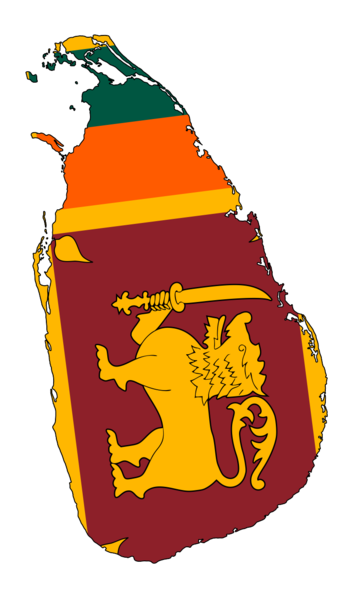
How has climate change affected the women in your community?
Climate change has impacted women in Sri Lanka in several ways, reflecting broader global trends where marginalized communities often bear the brunt of environmental changes. In many regions of Sri Lanka, water scarcity has become a pressing issue due to erratic rainfall patterns and prolonged droughts caused by climate change. Women, who are often responsible for household water management, have to travel longer distances to fetch water, leading to increased drudgery and time constraints on their daily activities.Women play a significant role in agricultural activities, particularly in rural areas of Sri Lanka. Climate change-induced phenomena such as unpredictable rainfall, floods, and pests have disrupted traditional farming practices, affecting crop yields and food security. This directly impacts women's livelihoods and exacerbates gender inequalities in access to resources and decision-making power within the agricultural sector.Climate change-related events like extreme heatwaves can exacerbate health issues, particularly for vulnerable populations such as pregnant women, young children, and the elderly. Women, as primary caregivers within households, often bear the burden of caring for family members affected by climate-related health problems.Sri Lanka is prone to natural disasters such as floods, landslides, and cyclones, which are becoming more frequent and severe due to climate change. Women are disproportionately affected by these disasters, as they are less likely to have access to resources and information necessary for disaster preparedness and recovery. Moreover, women are often responsible for caregiving during and after disasters, placing additional physical and emotional strain on them.
What are the effects of climate change overall on your community?
Sri Lanka is experiencing more frequent and intense extreme weather events such as floods, droughts, and cyclones due to climate change. These events lead to loss of life, displacement of communities, damage to infrastructure, and disruption of livelihoods. The coastal communities are particularly vulnerable to sea level rise, which threatens homes, infrastructure, and livelihoods. It exacerbates erosion, saltwater intrusion into freshwater sources, and coastal flooding, impacting agriculture, fisheries, and tourism.
Changes in rainfall patterns and increasing temperatures contribute to water scarcity in many parts of Sri Lanka. Climate change threatens Sri Lanka's rich biodiversity, including its forests, wetlands, and coral reefs.
Climate change impacts human health in Sri Lanka through various mechanisms, including heat-related illnesses, vector-borne diseases such as dengue fever and malaria, and malnutrition due to food insecurity.Climate change also affects food security in Sri Lanka by reducing crop yields, disrupting agricultural practices, and increasing the prevalence of pests and diseases.The cumulative effects of climate change on agriculture, fisheries, tourism, and other key sectors of Sri Lanka's economy can lead to significant economic losses and hinder sustainable development efforts. This can perpetuate poverty, exacerbate social inequalities, and undermine efforts to achieve long-term prosperity.
Is there work being done to address it?
Sri Lanka has developed national policies and legislative frameworks to address climate change, including the National Climate Change Policy, National Adaptation Plan, and Climate Change Act. They are also implementing adaptation measures to build resilience to climate change impacts. This includes initiatives such as strengthening early warning systems for natural disasters, promoting climate-smart agriculture practices, enhancing coastal protection measures, and implementing water management strategies to cope with water scarcity.Conservation efforts are underway to protect Sri Lanka's biodiversity and ecosystems, which are vital for climate resilience.
How has climate change affected the women in your community?
Climate change has disproportionately impacted women in Uganda, exacerbating existing gender inequalities and posing unique challenges. The changing climate has disrupted traditional roles and responsibilities, with women often bearing the brunt of increased workloads. For example, erratic weather patterns affect agriculture, a sector where women are prominently engaged. Droughts and floods lead to crop failures, affecting food security and increasing the burden on women to secure sustenance for their families.Furthermore, the scarcity of water resources forces women to travel longer distances to fetch water, limiting their time for education or income-generating activities. Women's health is also affected, as they face increased exposure to diseases due to changing climate conditions.
What are the effects of climate change overall on your community?
The effects of climate change on the broader community in Uganda are multifaceted. Agricultural productivity is jeopardized by unpredictable weather patterns, leading to food insecurity and economic instability. Extreme weather events such as floods and droughts disrupt communities, displacing people and causing damage to infrastructure. This not only impacts livelihoods but also strains already limited resources for disaster response and recovery.Additionally, changing climatic conditions contribute to the spread of diseases, affecting public health. The availability of water resources is also jeopardized, impacting sanitation and access to clean water, particularly in rural areas.
Is there work being done to address it?
Efforts are being made to address the impacts of climate change in Uganda. Local and international organizations are collaborating on initiatives ranging from sustainable agriculture practices to women's empowerment programs. The government has developed policies and strategies to enhance climate resilience, focusing on sustainable development and renewable energy. However, challenges persist due to resource constraints, limited awareness, and the complex interplay of social, economic, and environmental factors.
What do you want people to know about you?
I am resilient, resourceful, and determined. Despite facing the adverse effects of climate change, our community continues to strive for sustainable solutions. We are not defined solely by the challenges we face but by our resilience in the face of adversity. Recognizing the interconnectedness of climate change and gender, I want people to understand the importance of inclusive and gender-responsive strategies in addressing environmental issues. Together, we can create a more sustainable and equitable future for all.
Contact Climate 4 Sisterhood
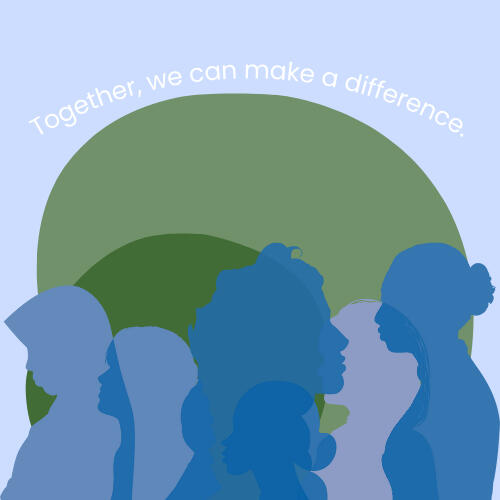
Have a question? Want to get involved? Please fill out the form with your question, concern, partnership idea, media request, or other inquiry and someone from Climate 4 Sisterhood will get back to you.Please allow time for our team to get back to your message. Thank you!
